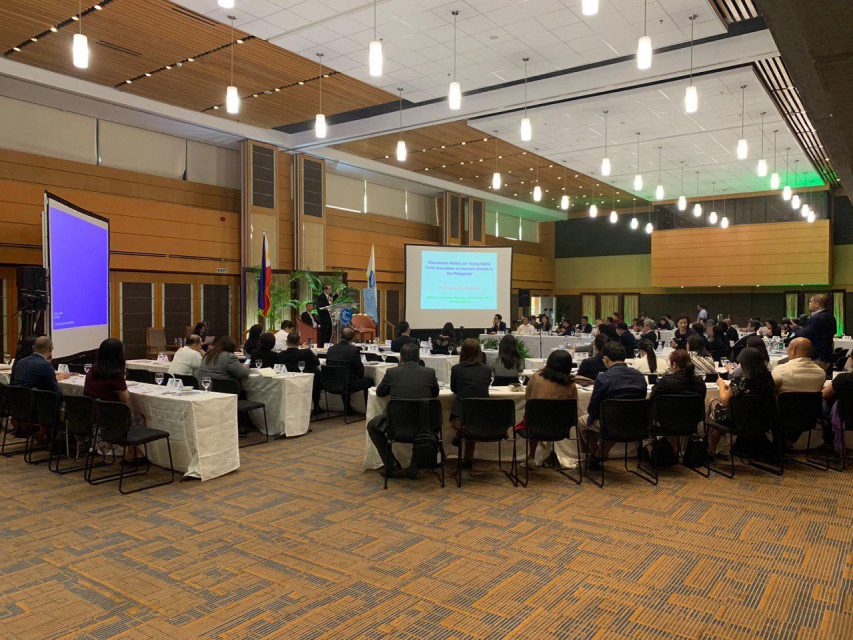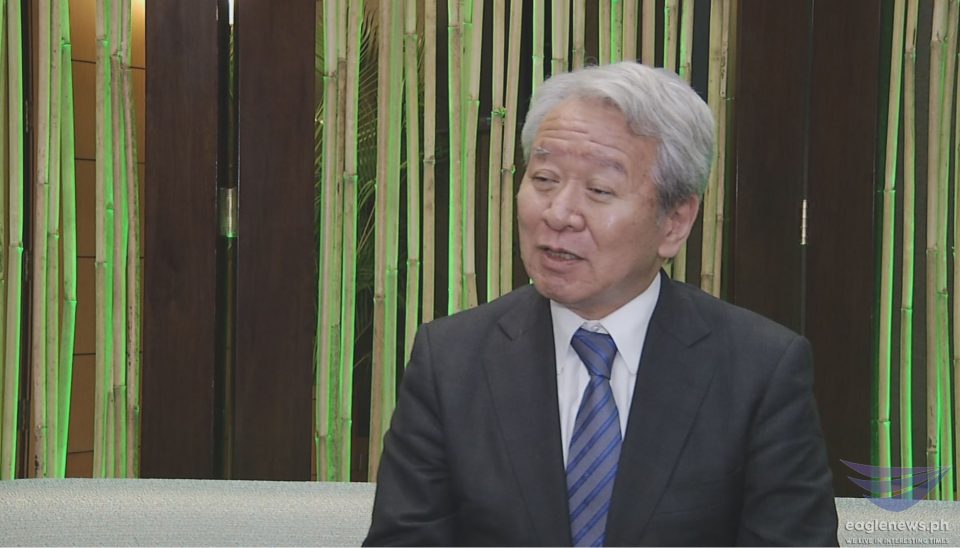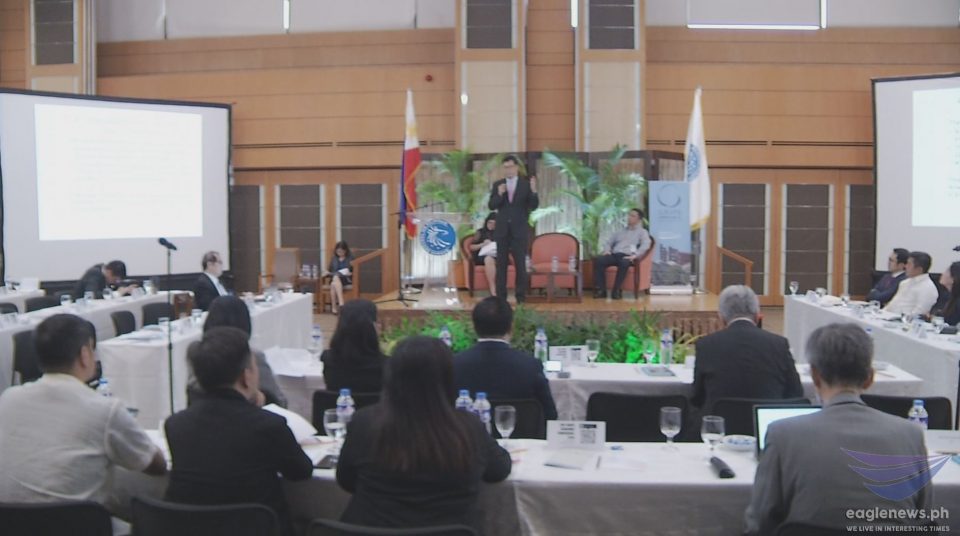
(Eagle News) – The Indo-Pacific region, including Southeast Asia, will continue to be very important for Japan which aims to help countries in the region to achieve sustainable development.
And the Philippines is one of the important countries for Japan as it continues to provide development funds and opportunities for policy research that will help the country.
This was highlighted during the academic conference held by Japan government’s National Graduate Institute for Policy Studies (GRIPS), with the help of the Bangko Sentral ng Pilipinas (BSP).
With the theme “Public Policy towards Sustainable Development Goals,” this first BSP-GRIPS academic conference in the country held on Friday, June 21, gathered experts from various fields concerning the country’s finance and the economy.
The event held at the PICC in Pasay City also gathered Filipino graduates of GRIPS who are now contributing to the country’s development.
GRIPS which is based in Tokyo, Japan is an “international premier policy school with the aim of contributing to the betterment of democratic governance around the world.”
Dr. Akihiko Tanaka, president of GRIPS, stressed that Southeast Asia is still “very important for Japan economically, politically and culturally.”
“Well, Asia Pacific region has been a dynamic center of the world economy since the late 20th century and is it is going to be so in the coming decades,” he said in an interview.
Dr. Tanaka explained how the school may continue to expand towards South Asia, and noted the dynamic development in the Asia Pacific centering on Southeast Asia.

He also noted how the Philippines is an important country for Japan, having historically maintained one of the friendliest relations with the East Asian economic giant.
Recently, on June 18, the Philippines and Japan signed an agreement providing the country with a US$202.04-million loan from Japan to finance the construction and improvement of roads in Mindanao’s conflict-affected areas, including the war torn city of Marawi. The signing ceremony held at the New Clark City in Pampanga was participated in by the Department of Finance (DOF) and the Japan International Cooperation Agency (JICA)
Dr. Tanaka, who had also served as president of JICA from 2012 to 2015, said that academically, the Philippines is also important to Japan, as he recalled how the Philippines had provided GRIPS with talented students.
“And we attach great importance to solidifying these relations with the Philippines from the perspective of academic institution, the National Graduate Institute for Policy Studies,” he said.
“And so it is a great privilege for us that BSP agreed to host an academic conference on the public policy for sustainable development goals,” said Dr. Tanaka who is also Chairman of the Board, Japan for UNHCR, and a Distinguished Fellow at the JICA Research Institute.
-Improving academic knowledge for crafting public policies-
The president of GRIPS, Japan’s notable graduate school, stressed the importance of academic conferences such as the one it had organized in Manila, with the help of the BSP.
“By organizing academic conference, we are able to improve our academic knowledge relevant to public policies under the current situation in the world,” Dr. Tanaka said.
“And also we would like to solidify the network of our alumni by utilizing” the occasion as also a venue for the GRIPS alumni homecoming which also sought to establish a Philippine chapter of GRIPS alumni.

Founded in 1997 as a stand-alone graduate institute, GRIPS is comprised of world-class academics and distinguished practitioners with expertise in public sector policy formulation and management, according to its website.
“Around 20% of the faculty and 70% of students are recruited from outside Japan. Our vibrant, diverse student body consists of almost 400 members hailing from 63 countries and regions – all with the ambition to advance good governance across the globe or contribute to policy related research,” it said.
-Achieving SDGs-
Dr. Tanaka explained in another article published in The Mainichi, Japan’s National Daily, how it was only natural that the Japanese government would try to “show its leadership among international stakeholders by announcing the country’s own initiatives to overcome major SDGs challenges in the upcoming G20 summit in Osaka in late June.”
He said that Tokyo should also play a leading role towards the world achievement of SDG goals.
During the BSP-GRIPS academic conference on Friday, June 21, the topic of “Going Digital: From innovation to inclusive growth” in the Philippines was tackled.
The issue of Central Banking as state building was also discussed; so was the topic of financial literacy and the use of financial products in the Philippines.
Dr. Tanaka also stressed the importance of digitization, the central element of social activities, and how it would become even more crucial in the future.
“So it is very important to have our youngsters acquainted with both the merit and danger of digitization. We need to give sufficient literacy as to the impact of digitization on the society as a whole and on the life of each of us,” he said.
